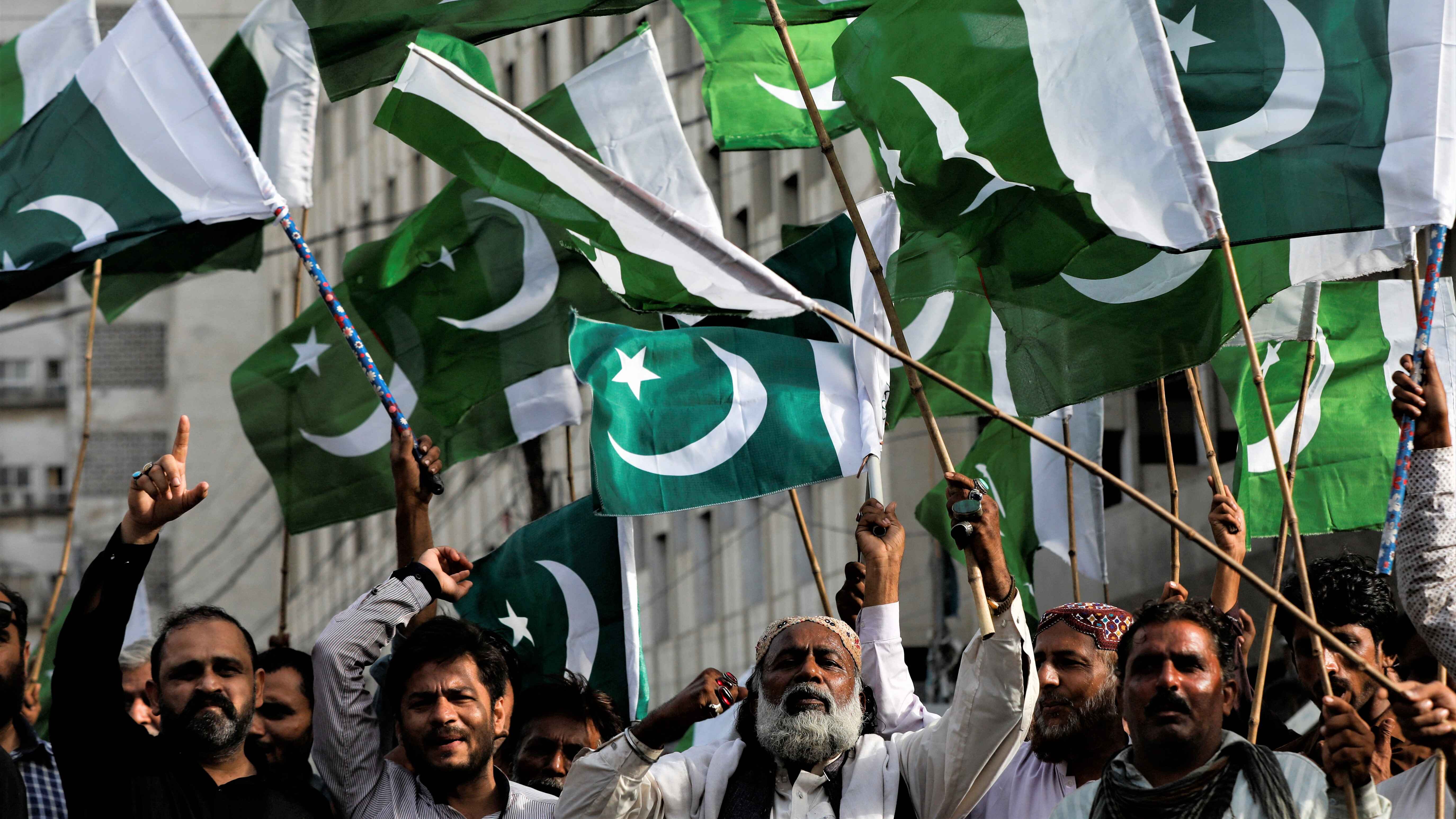
Posted On : Nov 7 2024
The Role of Pakistan Army in Elections: A Complex Nexus of Politics and Security
In Pakistan, the interplay between the military and civilian institutions has always been a subject of intense scrutiny and debate. One area where this dynamic is particularly pronounced is the involvement of the Pakistan Army in electoral processes. Over the years, the military's role in elections has been both lauded and criticized, reflecting the complex relationship between security concerns, democratic governance, and political stability.

The Pakistan Army, as one of the most powerful institutions in the country, wields significant influence not only in matters of national security but also in political affairs. Historically, military interventions in politics have been frequent, with direct coups and indirect interventions shaping the course of Pakistan's political landscape. However, in recent years, there has been a concerted effort to transition towards a more stable and democratic system, albeit one where the military still plays a significant behind-the-scenes role.
One of the most visible ways in which the Pakistan Army intersects with the electoral process is through its involvement in providing security during elections. Given the country's security challenges, including terrorism and political violence, the military's role in ensuring the safety and integrity of the electoral process is indispensable. The deployment of troops to polling stations and sensitive areas is aimed at deterring potential threats and creating a secure environment for voters to exercise their franchise.
However, critics argue that the military's presence during elections goes beyond mere security concerns and encroaches upon the autonomy of civilian institutions. There have been allegations of electoral manipulation and intimidation, with opposition parties accusing the military of tilting the playing field in favor of the ruling party. Instances of pre-poll rigging, censorship, and harassment of political opponents have raised questions about the fairness and transparency of the electoral process.
Moreover, the Pakistan Army's influence extends beyond election day, with its strategic alliances and patronage networks shaping the political landscape throughout the electoral cycle. Political parties often court the military's support, viewing it as a crucial factor in their bid for power. This intertwining of military and political interests further blurs the lines between security imperatives and democratic norms, raising concerns about the consolidation of power in the hands of unelected institutions.
In response to these concerns, there have been calls for greater transparency and accountability in the military's involvement in elections. Civil society organizations, media watchdogs, and international observers play a vital role in monitoring the conduct of elections and scrutinizing any undue interference. Efforts to strengthen democratic institutions, promote electoral reforms, and enhance civilian oversight are essential to ensuring a level playing field and upholding the principles of democracy.
Furthermore, fostering a culture of political pluralism and inclusivity is key to reducing the military's temptation to intervene in civilian affairs. Building consensus among various stakeholders and promoting dialogue can help mitigate political polarization and create space for peaceful coexistence. Ultimately, the goal should be to establish a democratic framework where the military's role is limited to its constitutional mandate of defending the country's borders and safeguarding its sovereignty.
In conclusion, the involvement of the Pakistan Army in elections reflects the intricate interplay between security imperatives and democratic governance. While the military's role in providing security during elections is crucial, its broader influence in shaping the political landscape warrants careful scrutiny and oversight. Balancing the need for security with the principles of democracy requires a concerted effort to strengthen civilian institutions, promote transparency, and uphold the rule of law. Only then can Pakistan truly realize its aspirations for a stable, democratic future.
No Comments Added




















